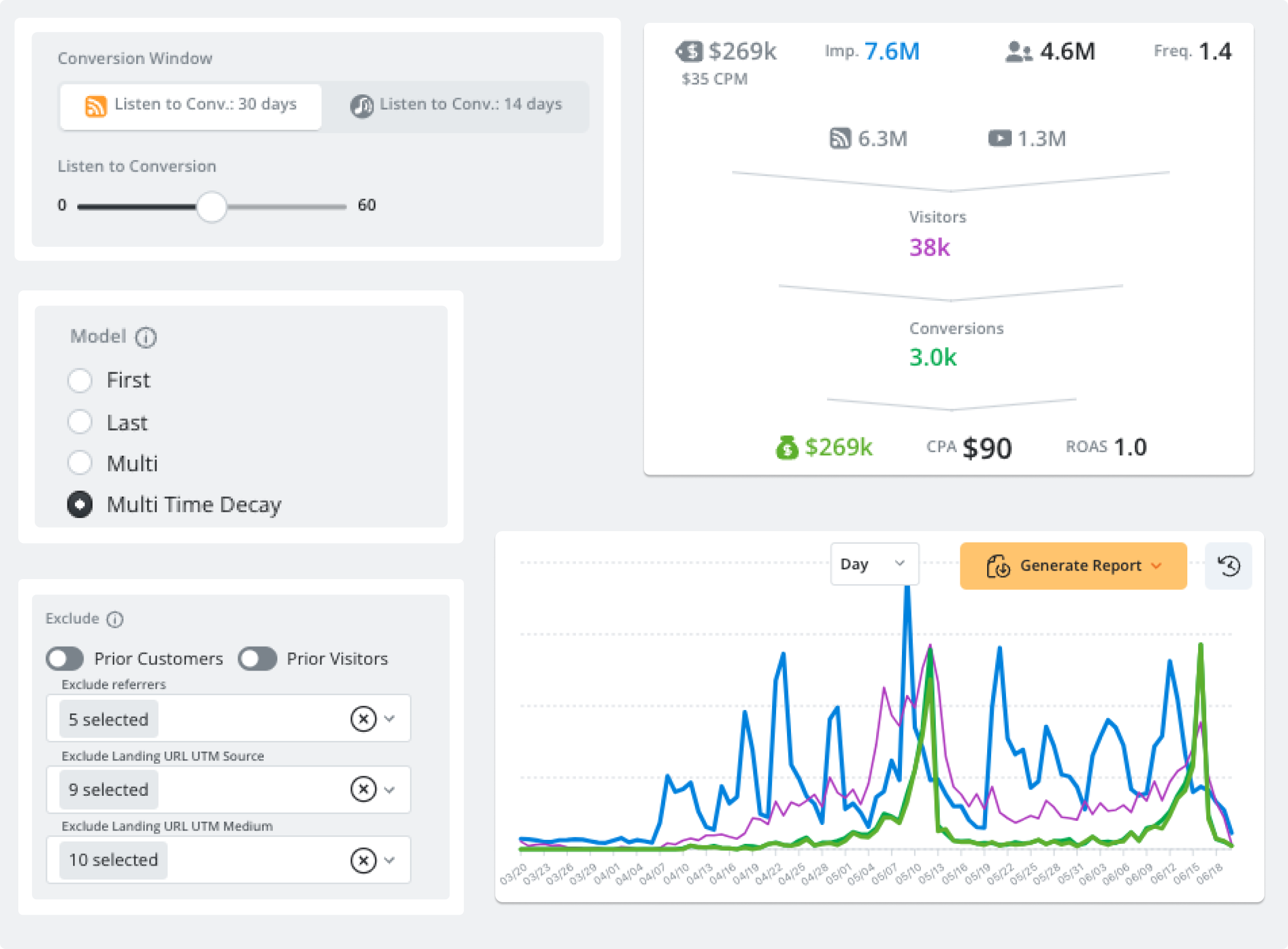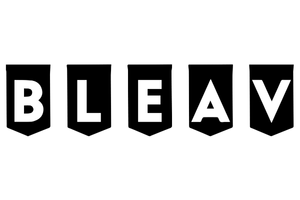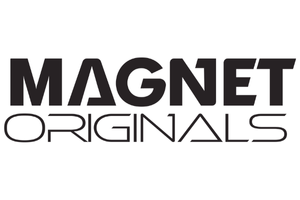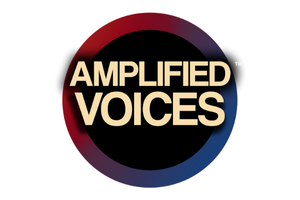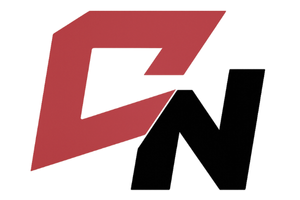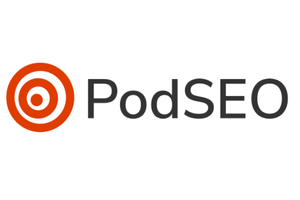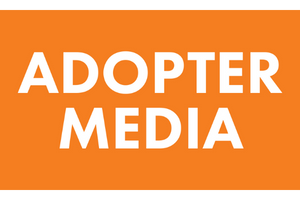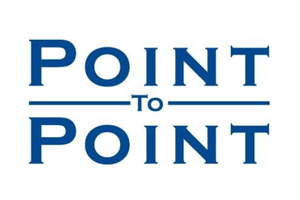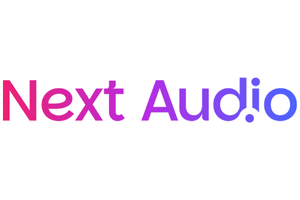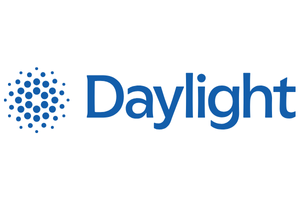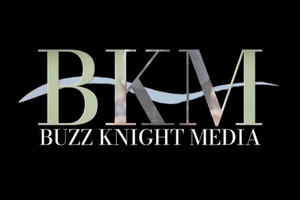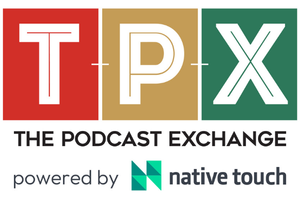This Week in the Business of Podcasting
Good morning from the Heat Dome, I hope all of you are keeping safe and as cooled off as possible. On the bright side, we’ve got some delicious data about podcasting around the world and important news to cover. Let’s get started.

Transparency. Performance. Automation.
Podcasting Grows Globally
This week we’ve covered quite a bit of data covering podcasting’s growth worldwide. Let’s kick things off with the 2024 Reuters Institute Digital News Report. The new study finds 4 4% of respondents in Spain and the U.S. reported listening to a podcast in the past month, the highest reach for podcasting in the 20 countries surveyed.
Ireland and Sweden trail close behind at 31% and Germany at 30%. Meanwhile, the University of Canberra Digital News Report: Australia 2024 finds 40% of all Austrlians listen to podcasts.
A new study from Acast and OMD examines advertising campaigns from six industries and 32 different advertisers to measure podcast advertising’s effectiveness. Of the industries included, podcasting provided the highest short-term return on ad spend with 4.2 times return on investment, as well as the highest long-term ROI of 4.9x, compared to the average media ROI of 3.7x.
And finally, over to the UK: RAJAR, which stands for Radio Joint Audience Research, has published their regular MIDAS report on UK audio. The study is built from 2,143 respondents aged 15+ who kept a seven day audio diary. Live radio has a firm foothold in share of audio listening time, 70% for all adults, while on-demand music takes second place with 15% and podcasts in third with 6% (or 13% if just counting the 15-24 demographic). 21% of UK adult podcast listeners spend an average of 7 hours a week listening to them, with 94% of those hours spent listening alone.
What Apple’s Automated Transcripts Mean for Accessibility.
Last Saturday from The Guardian’s Ari Saperstein: Making media more accessible in the form of captions has been a commonly-provided feature in several forms of media, if not industry standard, for years. Television and movies have had some form of closed captioning since the 1970s, music has undergone a wave of streaming services implementing live lyric sync features for years, and since the beginning of podcasting a few individual podcasts have provided hand-written transcripts.
What makes Apple’s auto transcripts notable is not just the size of the free offering, it’s the accuracy. Larry Goldberg, who created the first closed captioning system used by movie theaters, expressed amazement at the consistent accuracy of Apple’s transcripts.
Bringing Podcasts to Global Devices
This month PodLP, a podcast distribution platform designed to make podcasts accessible on low-power devices like T9 flip phones, turns four years old. To mark the occasion, the company has released an update adding functionality for the remote browser Cloud Phone. The service is designed to run app-like widgets on phones with as little as 16 megabytes of RAM and be legible on screens as small as 128 by 160 pixels.
While smartphones are continuing to grow in widespread use, the feature phone (aka fliphones) and low-power smartphones are widely prevalent in many parts of the world. According to the 2023 GSMA State of Mobile Internet Connectivity Report, there are still around 600 million people using a feature phone to access the internet.
Platforms like PodLP give wider populations who would listen to podcasts the ability to access them with the devices they already have. And it’s clearly working, with PodLP alone boasting over 10 million installs in 175 countries. For more on how advertising intersects with podcasting’s bias towards top-end smartphones, see Bryan Barletta’s article from 2020, published just after PodLP’s launch.
Upgrading Audio IDs
First up from AdExchanger’s Anthony Vargas this Monday: Pandora has announced they’re integrating with UID2, raising the volume on programmatic audio. The new integration makes Pandora the first digital audio platform to implement the UID2 alternative ID, as well as Pandora’s first partnership with a third-party ID in general.
With the integration, AdsWizz has more addressability, including matching email addresses of logged-in users to UID2 tokens that can be passed on to The Trade Desk and other ad platforms that use UID2. The move is in part motivated by brands regularly asking for alternative ID integrations and addressable audio audiences.
And on the subject of audience IDs, we go to this Tuesday from Ronan Shields at Digiday: Amazon has announced a new offering during the Cannes Lions Festival of Creativity. The feature, dubbed Ads Relevance, uses signals like browsing, shopping, and viewing behavior across Amazon properties to predict user behavior and offer media buyers ad opportunities using that data.
Ads Relevance is designed to provide targeting for online audiences in a post-third-party-data world. A synergetic fit with Amazon’s podcasting arm of Art19 and Wondery, as this kind targeting strategy is one podcasting has found success with for years.
Quick Hits
While they may not be top story material, the articles below from this week are definitely worth your time:
- On Tuesday, June 25th, a webinar on Unveiling New Tactics for Smarter Podcast Ads will feature Pete Jimison, Bryan Barletta, Tamara Zubatiy, and Emma Raz.
- Advertising: Why Podcast Ads Are Your New Secret Weapon to Increase Sales with Tom Webster, Sounds Profitable by Chloe Thomas An interview with Tom Webster about the potential of podcast advertising
- Spotify debuts an in-house agency to help brands capitalize on its audience by Sabrina Quagliozzi. The new Creative Lab will enable Spotify to collaborate with brands and agencies to make custom marketing campaigns.
- Priceline, Coca-Cola Cos. Shift Ad Dollars as Influencers Launch Their Own Brands by Kaya Yurieff. Influencer marketing investment has increased steadily since 2015 and shows no signs of slowing.
- How Immediate Media is growing its paid podcast audience by Charlotte Tobitt. Coverage of Ben Youatt’s talk dring the Media Voices Publisher Podcast Summit.


